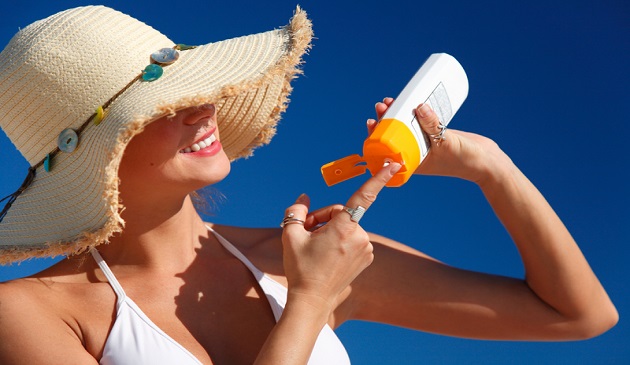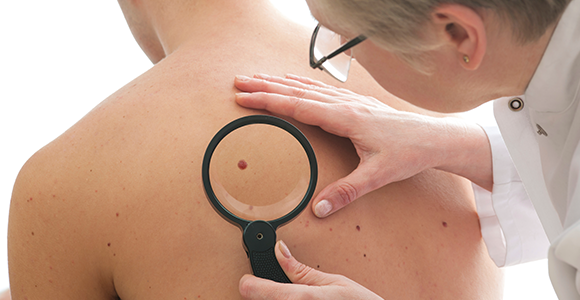The experiment at the Department of Energy’s SLAC National Accelerator Laboratory focused on thymine, one of four DNA building blocks.
Ever heard of a molecular sunscreen? It is a defence mechanism that the molecular building blocks that make up DNA mount to prevent the damage by ultraviolet rays, reveals new research.
The DNA forming molecules absorb ultraviolet light so strongly that sunlight should deactivate them. But a “relaxation response” protects these molecules and the genetic information they encode from UV damage, the researchers said.
The experiment at the Department of Energy’s SLAC National Accelerator Laboratory focused on thymine, one of four DNA building blocks.
Researchers hit thymine with a short pulse of ultraviolet light and used a powerful X-ray laser to watch the molecule’s response.
A single chemical bond stretched and snapped back into place within 200 quadrillionths of a second, setting off a wave of vibrations that harmlessly dissipated the destructive UV energy.
Researchers had noticed years ago that thymine seemed resistant to damage from UV rays in sunlight, which cause sunburn and skin cancer.
Theorists proposed that thymine got rid of the UV energy by quickly shifting shape.
But they differed on the details, and previous experiments could not resolve what was happening.
“As soon as the thymine swallows the light, the energy is funnelled as quickly as possible into heat, rather than into making or breaking chemical bonds,” said lead researcher Markus Guehr from Stanford University in the US.
“It is like a system of balls connected by springs; when you elongate that one bond between two atoms and let it loose, the whole molecule starts to tremble,” he explained.
The findings appeared in the journal Nature Communications.
Source: Khaleej times




